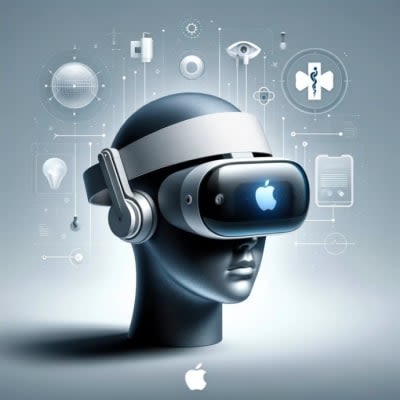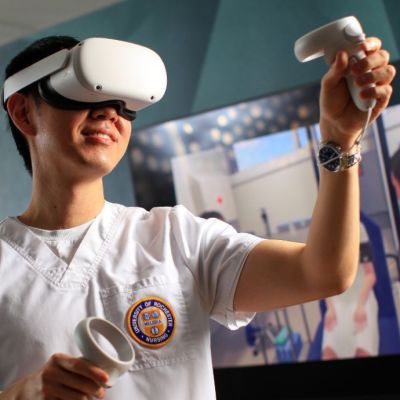The transformation of nursing education through digital means is proving to be a catalyst for enhancing workforce resilience. By integrating technology-driven experiential learning into nursing curriculums, universities are not only attracting more students but also producing graduates better equipped for the demands of a digital healthcare landscape.
Nursing Crisis: The Pandemic's Toll and Digital Solutions
In 2022, a staggering ninety percent of nurses contemplated leaving their profession, citing overwhelming administrative burnout and mental strain exacerbated by the COVID-19 pandemic. In response, the healthcare sector swiftly turned to technology to mitigate pressing challenges and ensure continued patient care amidst clinical and nursing deficits. Artificial intelligence was harnessed by health systems to distribute nursing tasks more fairly, while informaticists were enlisted to streamline electronic health record processes, lessening documentation burdens. Additionally, hospitals embraced virtual nursing to alleviate clinician burnout and deployed inpatient virtual care to address nursing shortages effectively. Such changes towards the digitalization of day-to-day nursing need to be adequately reflected in the training curriculum, since interest in healthcare careers persisted, particularly among younger generations.
Transforming Education: The iROC Program at the University of Rochester School of Nursing
One such example of a successful digital transformation is the University of Rochester School of Nursing, which, over five years, shifted from traditional methods to a tablet-driven learning environment. This transition saw a remarkable 50% increase in enrolment by mid-2023, despite challenges like nursing burnout and pandemic-related disruptions. The University of Rochester's initiative, known as the Redefining Our Classroom (iROC) program, introduced interactive learning experiences, empowering students with hands-on training facilitated by instructional designers. Each student receives an iPad and undergoes comprehensive training to utilise it effectively. These tablets, loaded with specialised apps, facilitate various interactive and collaborative learning activities.
Enhancing Learning Through Virtual Reality: The Future of Nursing Education
The integration of virtual reality technology enhances experiential learning, offering a safe space for students to engage in high-pressure clinical scenarios. This approach not only improves critical thinking but also boosts student confidence and performance, as evidenced by increased exam scores and positive student feedback. Despite the program's success, continuous evolution remains a priority, driven by a "fail forward" mindset and a commitment to enhancing student opportunities for instructor evaluation.
Empowering Faculty: Driving Innovation in Nursing Education
Central to this transformation is faculty support and leadership encouragement, fostering an environment conducive to innovation. The program's expansion includes state-of-the-art facilities equipped with simulation labs and virtual reality rooms, enabling students to practice clinical skills and patient engagement in a dynamic, immersive setting. Faculty members play a pivotal role in this transition, utilising advanced software like SimulationiQ to provide real-time feedback to students during simulations. Post-simulation debriefing sessions further enhance student understanding and learning outcomes.
Born from adversity, the integration of digital technologies in nursing education is revolutionising the way students learn and prepare for their careers. By embracing experiential learning and leveraging cutting-edge tools like virtual reality, universities are not only meeting the demands of a digital healthcare landscape but also fostering a resilient and adaptable workforce ready to tackle future challenges.
Source: University of Rochester School of Nursing
Image Credit:iStock



















